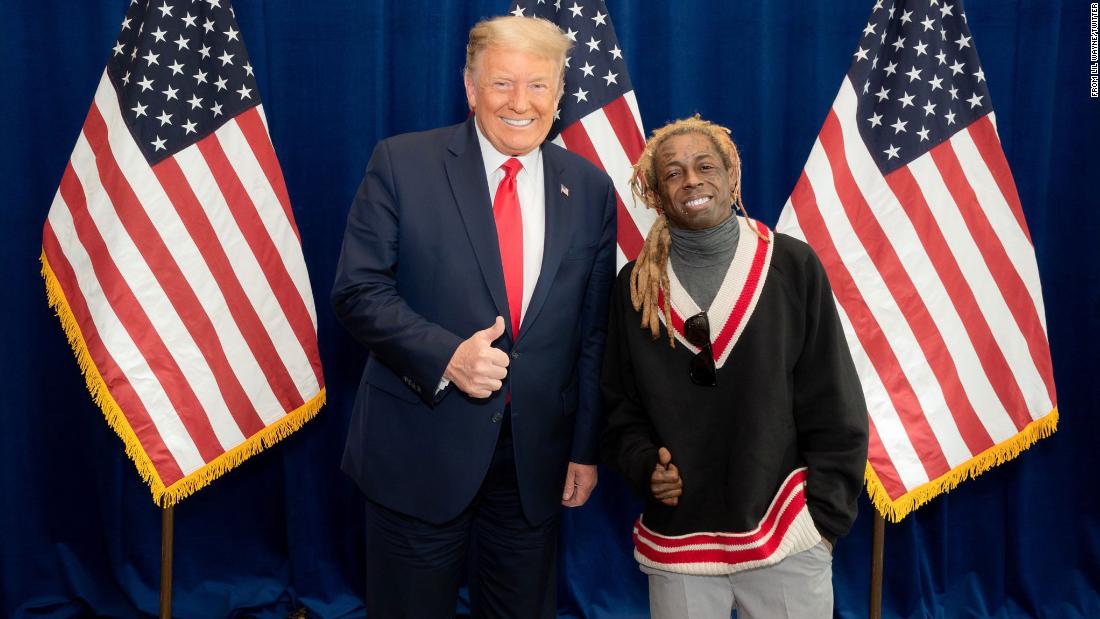Trump Pardons Lil Wayne & Kodak Black
February 4, 2021
Recently, Donald Trump gained some end-of-presidency praise for pardoning rappers Lil Wayne and Kodak Black. It’s easy to see freedom for these hitmakers as a win for society, and for both rappers, facing illegal gun possession charges, I’d agree, but the situation presents a dilemma.
While I don’t enjoy seeing anyone remain imprisoned and I see many flaws with the criminal justice system, there is an inarguable injustice present when fame factors into the criminal justice process. This precedent further incentivizes chasing fame in an era where online popularity already carries far more weight than it should.
While I am happy to see both these artists free (though Kodak is still being prosecuted for sexual assault charges, as he should be), we should be careful about events like these that enforce precedents of valuing fame over equality.
Overachiever Ronald Jamieson, ‘21, says, “I can understand how Trump’s pardons can be seen as an easy pathway toward constituent praise. However, I do believe there is more to Trump’s actions. If Trump had not focused on prison reform before — ie “First Step Act” which was a BIPARTISAN bill for reform— I would have immediately called him out for clout chasing. It just seems that he has actually made an effort to benefit the lives of Black Americans especially with all of the jobs his economic decisions brought to America. There is more complexity to Trump’s actions and of course freeing famous rappers will make him look good but that isn’t the only thing he’s done to benefit the lives of Americans and Black Americans specifically.”
Former hip-hop artist Peter Lyday says, “I think presidential pardons are abused and they should be limited. It makes the justice system seem even more flawed than it already is, although presidential pardons are fairly rare, it encourages solicitation of the highest power in the united States, which isn’t a good idea.”
Swimming enthusiast Mark Mulcrone, ‘21, says, “Fame should not correlate with one’s innocence in any way. How is this different than an oligarchy?”
